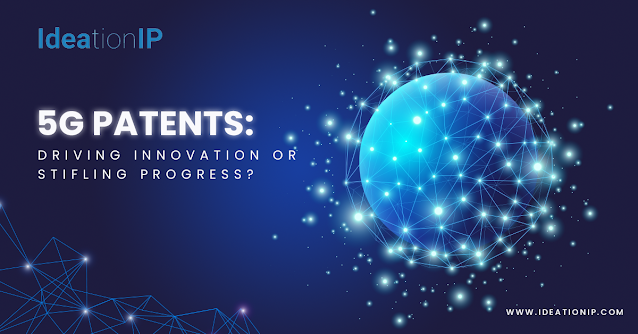Impact of Patent Searching in Product and Process Research

Every innovator hopes that their work is unique and potential in cohesion with the positive research outcome. Many times, repeating the work that others have already contributed is a waste of valuable resources like time and money. Avoiding the wastage of resources is very significant specifically when the researcher or inventor is planning to apply for a patent and any other IP Protection. There are many real-time instances to highlight the problems that have resulted from failing to execute a good patent search along with the technical literature review . A patent provides exclusive rights to the inventor in recognition of his hard work and investment of his time in developing the invention as means of incentive to protect and stops others copying or infringing the inventive technology. With ample time and money at stake, it is empathetic to note that academic researchers and R&D of SME’s are giving least importance to search for patents prior to the initiatio...


